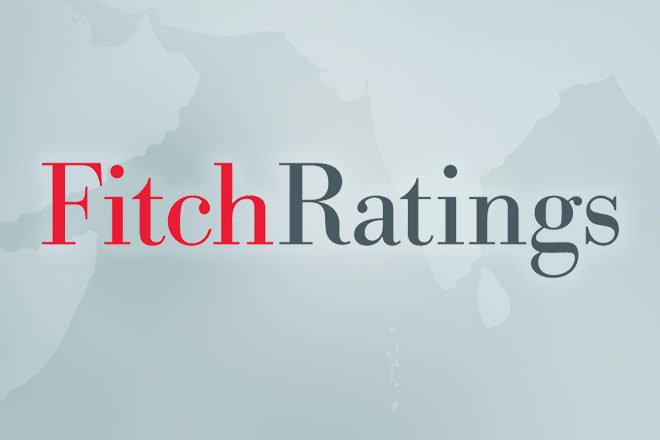Apr 30, 2020 (LBO) - Fitch Ratings has downgraded the rating on SriLankan Airlines Limited's (SLA) USD175 million government-guaranteed 7% unsecured bonds due 25 June 2024 to 'B-', from 'B'.
KEY RATING DRIVERS
The rating action follows the downgrade of Sri Lanka's Long-Term Foreign- and Local Currency Issuer Default Ratings to 'B-', from 'B', with a Negative Outlook; see 'Fitch Downgrades Sri Lanka to 'B-'; Outlook Negative', at www.fitchratings.com/site/pr/10119653.
The national carrier's bonds are rated at the same level as SLA's parent, the state of Sri Lanka, due to the unconditional and irrevocable guarantee provided by the state. The Sri Lankan government held 99.
5% of SLA at end-2019 through direct and indirect holdings. DERIVATION SUMMARY Fitch has rated SLA's US dollar-denominated bonds at the same level as the sovereign due to the unconditional and irrevocable guarantee provided by the government. The rating is not derived from the issuer's Standalone Credit Profile and thus is not comparable with that of industry peers.
RATING SENSITIVITIES
Factors that could, individually or collectively, lead to positive rating action/upgrade: - An upgrade of the sovereign rating Factors that could, individually or collectively, lead to negative rating action/downgrade: - A downgrade of the sovereign rating For the sovereign rating of Sri Lanka, the following sensitivities were outlined by Fitch in its rating action commentary of 24 April 2020 Factors that Could, Individually or Collectively, Lead to Negative Rating Action/Downgrade: - Further increase in external funding stress, reflected in a narrowing of funding options and weaker refinancing capacity that threatens the ability to meet external debt repayments - Prolonged policy uncertainty that contributes to a loss of investor confidence - Failure to arrest the upward trajectory of the general government debt/GDP ratio, potentially reflecting an inability to constrain the fiscal deficit Factors that Could, Individually or Collectively, Lead to Positive Rating Action/Upgrade: - Improvement in external finances, supported by higher non-debt inflows or a reduction in external sovereign refinancing risks from an improved liability profile - Improved policy coherence and credibility, leading to more sustainable public and external finances and a reduction in the risk of debt distress - Stronger public finances, underpinned by a credible medium-term fiscal consolidation strategy
BEST/WORST CASE RATING SCENARIO
International scale credit ratings of Non-Financial Corporate issuers have a best-case rating upgrade scenario (defined as the 99th percentile of rating transitions, measured in a positive direction) of three notches over a three-year rating horizon; and a worst-case rating downgrade scenario (defined as the 99th percentile of rating transitions, measured in a negative direction) of four notches over three years. The complete span of best- and worst-case scenario credit ratings for all rating categories ranges from 'AAA' to 'D'. Bestand worst-case scenario credit ratings are based on historical performance.
For more information about the methodology used to determine sector-specific best- and worst-case scenario credit ratings, visit https://www.fitchratings.com/site/re/10111579. CRITERIA VARIATION The rating on SLA's bonds is derived from the rating of an entity covered by a group that does not assign Recovery Ratings. As a result, no Recovery Rating was assigned to SLA's bond.
REFERENCES FOR SUBSTANTIALLY MATERIAL SOURCE CITED AS KEY DRIVER OF RATING
The principal sources of information used in the analysis are described in the Applicable Criteria.
PUBLIC RATINGS WITH CREDIT LINKAGE TO OTHER RATINGS
SLA's bonds are rated at the same level as SLA's parent, the government of Sri Lanka, due to the unconditional and irrevocable guarantee provided by the government.
ESG CONSIDERATIONS
The highest level of ESG credit relevance, if present, is a score of 3. This means ESG issues are credit-neutral or have only a minimal credit impact on the entity(ies), either due to their nature or to the way in which they are being managed by the entity(ies). For more information on Fitch's ESG Relevance Scores, visit www.fitchratings.com/esg.

